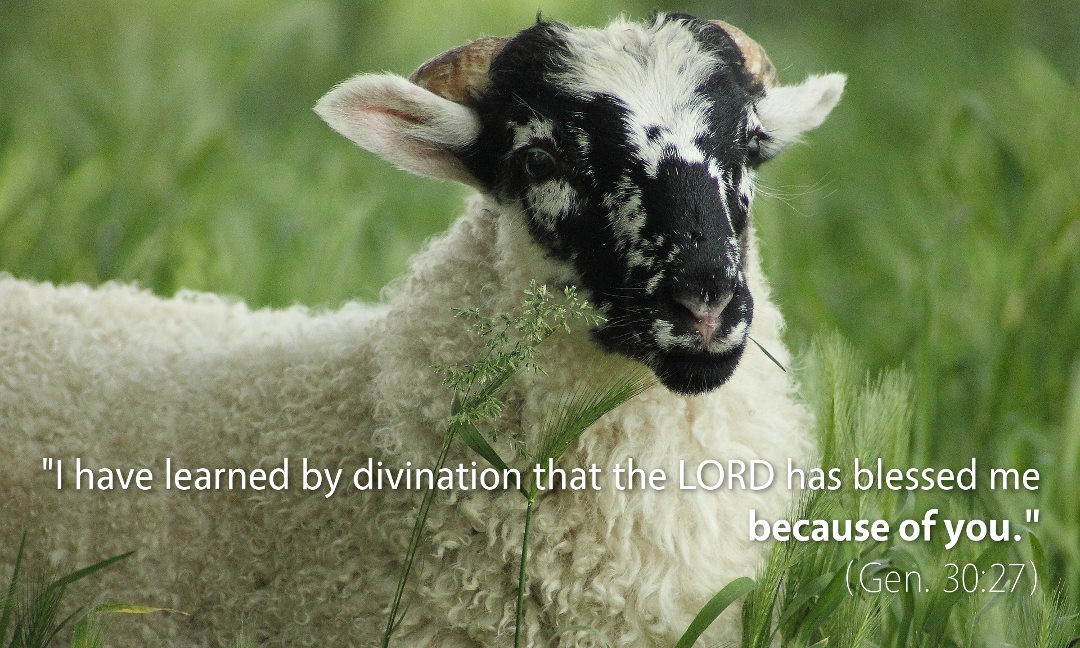Bible Readings for January 29th
Genesis 30 | Mark 1 | Esther 6 | Romans 1
Genesis 30 contains two main stories. The first half of the chapter continues the tragic, unhappy narrative of sibling rivalry between Leah and Rachel that began in Genesis 29. In yesterday’s meditation, we noticed similarities between this story and the stories of Abraham, Sarah, and Hagar, and Isaac and Rebekah. In Genesis 30, we see yet another similarity to a previous story. Here, Rachel sends her servant Bilhah into her husband, Jacob, to conceive on her behalf (Gen. 30:3–8), just as Sarah had sent in Hagar to conceive a child with Abraham on her behalf. Later, Leah follows suit, sending in her servant Zilpah to Jacob (Gen. 30:9).
We also read that these women struggle over their husband when Leah “hires” Jacob sexually (at Rachel’s prompting) by selling her son’s mandrakes (Gen. 30:16). Ultimately, the author of Genesis insists that Rachel does not conceive because of mandrakes (an ancient fertility treatment) but because God “remembered Rachel, and God listened to her and opened her womb” (Gen. 30:22).
Sadly, despite the many children shared by Leah and Rachel, the tensions between them have escalated to outright competition. God has prospered Jacob, giving him the sons who would eventually form the heads of the tribes of Israel, but his family is a wreck, with his sister-wives and their female servants pitted against each other.
The second half of Genesis 30 tells the strange story of Jacob’s efforts to take wages from his uncle Laban before he leaves with his family to return to the land of Canaan. The two men make an arrangement that Jacob would that day pass through Laban’s flock, taking out all the speckled and spotted goats and lambs, along with the black lambs for wages, and that Laban would keep all the remaining livestock (Gen. 30:31–33).
But immediately, Laban conspires to cheat Jacob by removing all spotted, speckled, or black animals in his flock and sending them to become part of his sons’ flocks, who were a three-days’ journey away. Remember, the agreement was for Jacob to take his wages from Laban’s flock that same day (Gen. 30:32). When Laban removed the animals and sent them away, he effectively stole Jacob’s wages from him. Additionally, Laban was preventing any further breeding between the spotted, speckled, or black animals and the rest of the flock.
Once again, Jacob is cheated out of his wages, just as he was cheated out of Rachel after seven years of working for her. Also, don’t overlook the fact that Laban dishonestly gave Leah to Jacob instead of Rachel, forcing Jacob to take two wives instead of one and causing no small amount of trouble.
Oddly, Jacob finds an innovative way to breed spotted, speckled, and black animals by causing stronger animals to breed in front of peeled sticks. What should we make of this?
Let’s pick up that discussion tomorrow.
Podcast: Play in new window | Download (5.2MB) | Embed
Subscribe: Apple Podcasts | RSS | More

Scripture quotations are from The Holy Bible, English Standard Version copyright © 2001 by Crossway Bibles, a division of Good News Publishers. Used by permission. All rights reserved.


